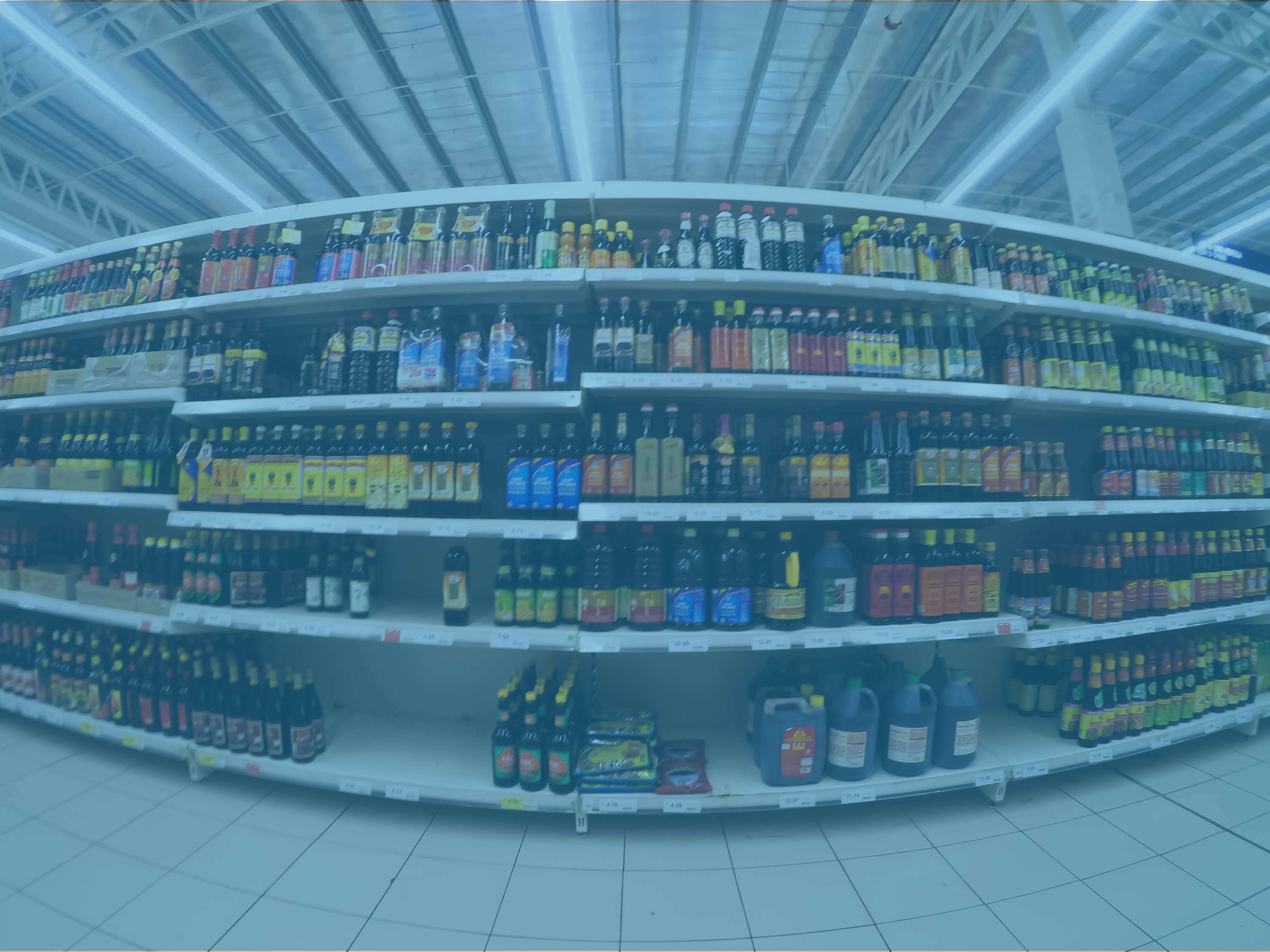The pharmaceutical industry has always been characterized as the forefront of innovation, betting on the most advanced technologies on the market and constantly reinventing itself.
As a result, It is not surprising that the pharmaceutical sector is once again facing a transformation in its business model after the rapid development of artificial intelligence solutions during the past year. There is great potential with the exploration of new models of generative AI and Natural Language Processing (NLP), a field of AI that is gaining special relevance and that tries to teach computers to understand, process, interpret, and even generate the natural language that humans use to communicate.
Pharmacology is one area within the industry where generative AI is showing significant promise. This technology is capable of helping to create new drugs based on data pattern analysis and using molecule interaction simulation systems. This would make it possible to significantly reduce the costs involved in designing new drugs, as well as reducing the time needed to discover them–in some cases from years down to months. In later clinical phases, it will also be possible to use this technology to reduce pre-marketing times, have better clinical trial models, and locate certain patient populations.
Generative AI can also contribute to creating scientific content thanks to its LLM (Large Language Model) capabilities, since these models allow access to all types of information, even highly complex data (e.g. medical and genetic information) and their results in trials. Similarly, these systems can be used to analyze scientific literature and identify potential new drug markets.

Improving the Lives of Patients, Among Other Applications
Generative AI is also being used to improve patient care. LLMs facilitate access to medical information through assistants such as ChatGPT, Copilot, or Gemini, which are capable of integrating all the knowledge they have about the pharmaceutical company and aligning it with data provided by the user to create customized treatment plans or answer patient questions that arise in real time.
AI is also being applied in the production and logistics areas of the pharmaceutical sector, since this technology can help optimize processes by predicting demand or improving inventory management. Additionally, AI can identify areas of potential optimization in processes to reduce medication delivery times.
Finally, a factor that must always be taken into account is regulatory aspects. When implementing generative AI, data privacy and security must always be a priority, as well as the ability to define a government model that guarantees the transparency of the algorithms and that never allows control over information to be lost. Therefore, it is essential to have the right partners who have the tools and knowledge of the sector necessary to carry out these implementations successfully.
Translated from original article in Spanish in PM Farma, here.
.png?width=2000&name=SDG%20-%20Logo%20White%20(1).png)




















